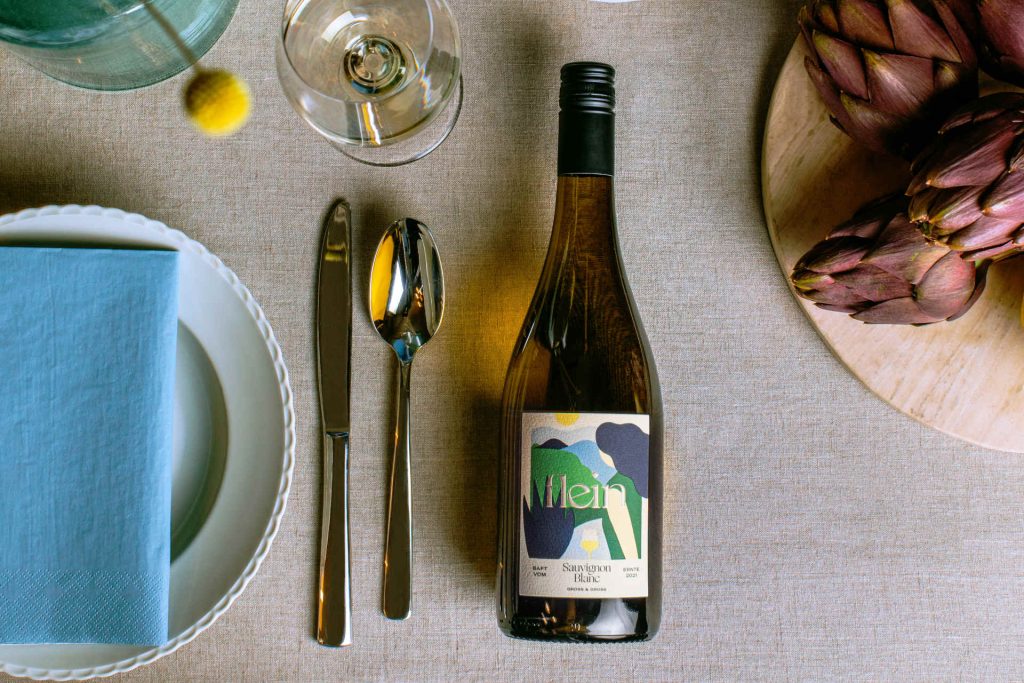
The trend towards less alcohol is currently one of the most significant. We are currently experiencing a qualitative revolution in this area. It is therefore advisable to offer high-quality, regional specialties in addition to the classic orange juice and energy drink.
What are AF drinks?
AF means non-alcoholic beverages. In the legal sense, non-alcoholic beverages are all drinks that contain no more than 0.5% alcohol by volume or, in the case of soft drinks, no more than 2 g of alcohol per liter of drink.
What are mocktails and where does the name come from?
Mocktails are cocktails without alcohol. The name mocktail is a fusion of the words cocktail and the English term “to mock”. This means something like imitating or pretending. Juices, syrups, infusions or pickled ingredients are used in an attempt to reconstruct the taste of the original, one might think, and this is often the case. However, independent creations and drinks are also developed that stand for themselves. And even entire spirits such as gin are now available alcohol-free in supermarkets.
What are the best-known non-alcoholic drinks?
What is the sober lifestyle?
This refers to the trend towards non-alcoholic drinks. “Sober curios” is a term used to describe a growing group of people who are choosing to drink less or not at all as part of their lifestyle. The movement opposes the normalization of heavy drinking and stereotypes that those who don't drink are less sociable or have less fun.
Tip for the best enjoyment: drink Flein neat and chilled from a wine glass.
The trend towards no- and low-alcohol drinks is more than just a fad - it marks a qualitative revolution in the beverage industry. Manufacturers are setting new standards by offering sophisticated and tasty alternatives to traditional alcoholic beverages. Whether it is alcohol-free kombucha pét-nat, innovative fruit wines or natural grape juices, these products show that less alcohol does not mean less enjoyment.
By using high-quality ingredients, innovative production processes and a deep understanding of taste and quality, these drinks offer a healthy, sustainable and yet enjoyable alternative. The future of no- and low-alcohol beverages looks promising, and these exciting developments are well worth pursuing and enjoying.

Experience an extraordinary gourmet journey through authentic Tuscany with Maria Groß and Matthias Steube. Five days filled with flavour, real encounters, and personal insights – far from mass tourism, deep in the heart of Chianti.
From ticketing systems to cooking robotics: the restaurant industry is undergoing a digital transformation. What began as a technological gimmick is now becoming a real competitive advantage. Why digital processes bring more predictability, better guest experiences and new perspectives for employees – and where people still remain irreplaceable.


The trend towards less alcohol is currently one of the most significant. We are currently experiencing a qualitative revolution in this area. It is therefore advisable to offer high-quality, regional specialties in addition to the classic orange juice and energy drink.